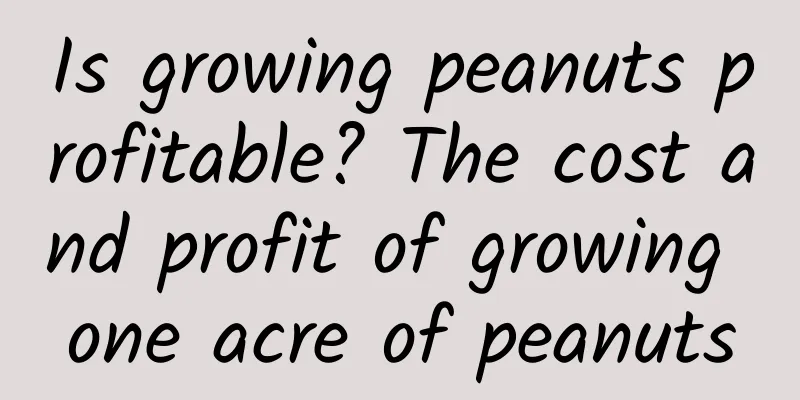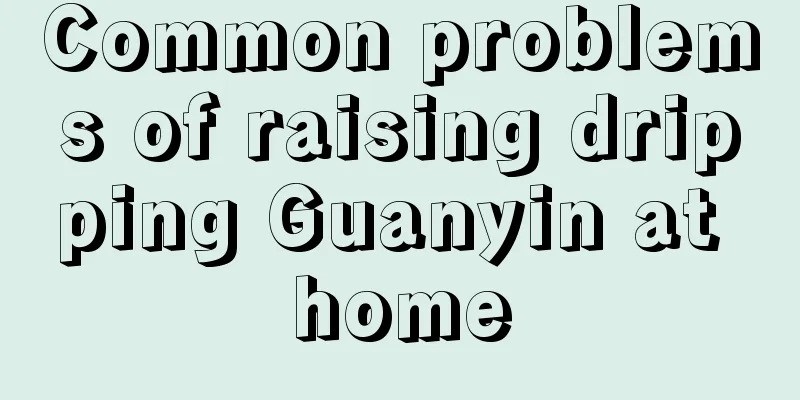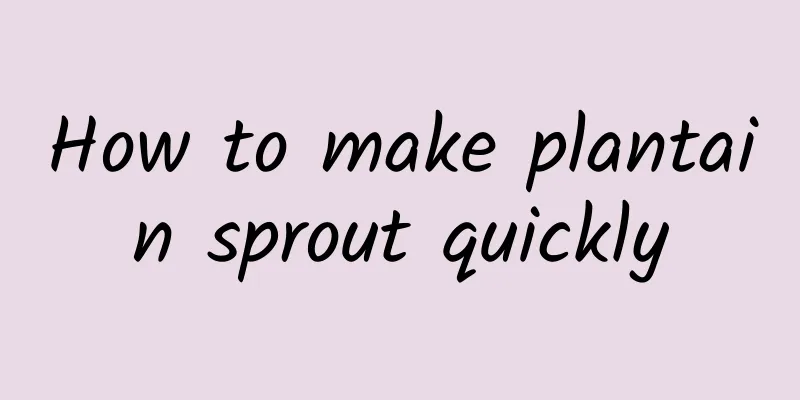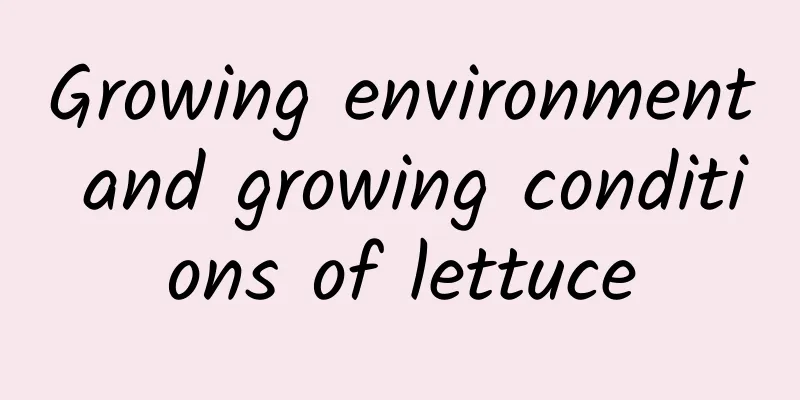How to fertilize geraniums
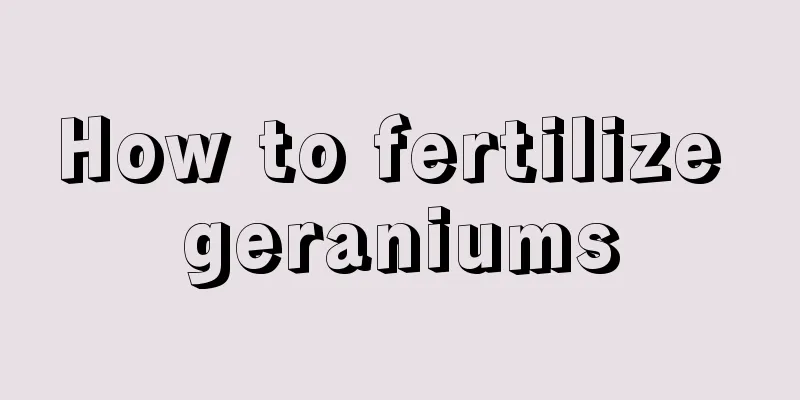
What fertilizer to applyGeraniums like fertilizer, but it is difficult to know exactly what kind of fertilizer they need. So when you buy fertilizer, there will be three numbers on the packaging bag, showing the ratio of nitrogen, phosphorus and potassium. The elements needed at different times are different. So when buying, you should consider what you need. If you find it troublesome, it is recommended to choose one with relatively balanced elements, and then supplement the elements appropriately. How to fertilize during floweringIn fact, daily maintenance and fertilization are trivial matters. Just choose organic compound fertilizer and it will have no effect. But the flowering period is different, so we must ensure that the plants grow well and provide sufficient nutrients to the flowers. So what kind of fertilizer should be applied? Most flower lovers know that during the flowering period of geranium, too much nitrogen fertilizer should not be applied, and phosphorus-containing compound fertilizer should be chosen. The amount of fertilizer should also be determined according to the size of the pot. For a pot with a diameter of 20 cm, the dosage is 5-10 grams. Top dressing should be applied once before flowering, and additional fertilizer should be applied after flowering. Liquid fertilizer can be directly watered. If it is in granular form, it can be buried at the edge of the pot, away from the plant and absorbing roots. Can I use slow-release fertilizer?Can. To make it easier for lazy people to grow flowers, slow-release fertilizers have appeared on the market. That is, when the fertilizer is put into the soil, the fertilizer effect will evaporate slowly, and there is no need for repeated fertilization. However, there is no definite time limit for geraniums to absorb fertilizer, and it is not known whether the fertilizer effect has been exhausted. Usually slow-release fertilizer can last for 6 to 9 months, and then observe the growth of the plant. When it shows symptoms of malnutrition (reduced number of flowers, smaller inflorescences, yellowing of small leaves, slower growth, etc.), it means that the fertilizer is exhausted, it is hungry, and has been hungry for several weeks. At this time, add fertilizer in time, and it will slowly recover in 3 to 4 weeks. |
Recommend
Platycodon grandiflorum flowering period
Platycodon grandiflorum flowering period Platycod...
How to save seeds of Cosmos
How to get cosmos seeds Cosmos is a herbaceous pl...
What to do if the leaves of the lucky tree droop
1. Reduce watering It likes a moist growing envir...
Flower language and meaning of Gloriosa
The Flower Language of Gloriosa Glory: Glory Orig...
How long does it take for osmanthus cuttings to take root?
Rooting time of osmanthus cuttings It is recommen...
The difference between creeper and ivy
1. Different families Ivy is also called creeper,...
When is the best time to harvest Panax notoginseng? What is the best month to harvest?
Panax notoginseng harvest time Panax notoginseng ...
What are the cultivation methods and precautions for potted roses?
Growth habits of potted roses Potted roses like t...
How to prune kiwi fruit
When to prune kiwi fruit Kiwifruit can generally ...
The main value of Aizen Nishiki
Ornamental value: The shape of its leaves is arra...
How to trim Margaret
Why prune? Because the marigold is perennial, its...
Daphne cultivation methods and precautions
Daphne koreana is popular for its thick, shiny le...
How to propagate Haworthia and what to pay attention to
How to reproduce Haworthia The main ways to propa...
24 common plant care tips, with this you will never be afraid of not being able to keep flowers alive
Chlorophytum 1. Chlorophytum should be placed in ...
Can papaya be grown in Hunan?
Can papaya be grown in Hunan? Papaya can be grown...
